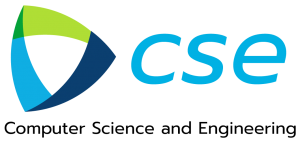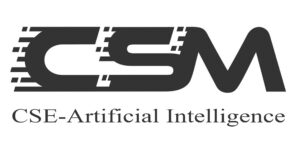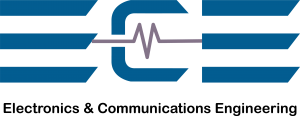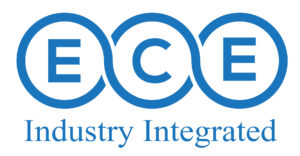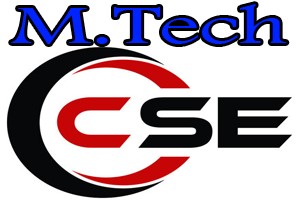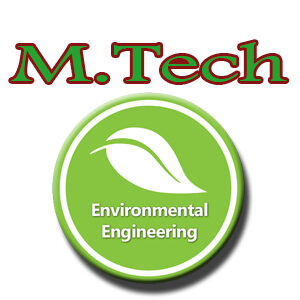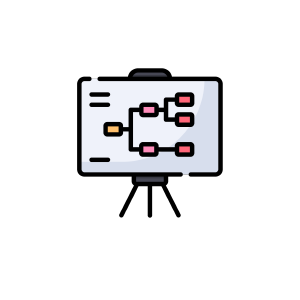Dept. of ME At a Glance
October 23, 2021 2023-05-12 12:54Dept. of ME At a Glance
The department of Mechanical Engineering is really a source of inspiration for all initiating various academic and training activities. Established in the year 2009 it strives to impart value-based engineering education.
It offers under graduate programme in Mech with an intake of 120 and also offers Diploma in Mechanical with an intake of 60 which starts from the academic year 2012 – 2013.
The infrastructure includes includes Basic work shop, Fluid Mechanics & Hydraulic Machines Lab, Strength Of Materials Lab, I C Engines Lab, Fuels Lab and CAD Lab, Heat Transfer Lab, Production Technology Lab, Metallurgy Lab, Metrology Lab.
Vision
To prepare mechanical engineers with global competency and desire to serve the society.
Mission
Transforming students as Mechanical Engineers with professional attitudes, industrial adoptability, and leadership abilities.
Providing Quality Education with state-of-art facilities.
Inculcating ethical values, ability to lifelong learning and social responsibilities.
Program Educational Objectives (PEO's)
To pursue successful careers or higher studies in Mechanical engineering through their strong foundation in mathematics, science, and engineering.
To analyze and design appropriate solutions for socially relevant problems by using current engineering techniques.
To exhibit professionalism, ethical attitude, communication, managerial skills, team work and social responsibility in their profession and adapt to current trends by engaging in continuous learning. in continuous learning.
To grab an opportunity to expand their horizon beyond Mechanical engineering.
Program Specific Outcomes (PSO's)
-
Able to apply the acquired basic and core mechanical engineering knowledge to design and manufacture products relevant to society in an innovative and economical way.
-
To work in multidisciplinary areas such as software, automation etc.
-
Graduate engineer will pursue higher studies and research at national and international level.
Program OutComes (PO's)
Engineering Knowledge: Apply the knowledge of mathematics, science, engineering fundamentals and an engineering specialization to the solution of complex engineering problems.
Problem analysis: Identify, formulate, review research literature, and analyze complex engineering problems reaching substantiated conclusions using first principles of mathematics, natural sciences, and engineering sciences.
Design/development of solutions: Design solutions for complex engineering problems and design system components or processes that meet the specified needs with appropriate consideration for the public health and safety, and the cultural, societal, and environmental considerations
Conduct investigations of complex problems: Use research-based knowledge and research methods including design of experiments, analysis and interpretation of data, and synthesis of the information to provide valid conclusions.
Modern tool usage: Create, select, and apply appropriate techniques, resources, and modern engineering and IT tools including prediction and modeling to complex engineering activities with an understanding of the limitations.
The engineer and society: Apply reasoning informed by the contextual knowledge to assess societal, health, safety, legal and cultural issues and the consequent responsibilities relevant to the professional engineering practice
Environment and sustainability: Understand the impact of the professional engineering solutions in societal and environmental contexts, and demonstrate the knowledge of, and need for sustainable development.
Ethics: Apply ethical principles and commit to professional ethics and responsibilities and norms of the engineering practice.
Individual and team work: Function effectively as an individual, and as a member or leader in diverse teams, and in multidisciplinary settings.
Communication: Communicate effectively on complex engineering activities with the Engineering community and with society at large, such as being able to comprehend and write effective reports and design documentation, make effective presentations, and give and receive clear instructions.
Project management and finance: Demonstrate knowledge and understand of the engineering and management principles and apply these to one’s own work, as a member and leader in a team, to manage projects and in multidisciplinary environments.
Life-long learning: Recognize the need for, and have the preparation and ability to engage in independent and life-long learning in the broadest context of technological change.


